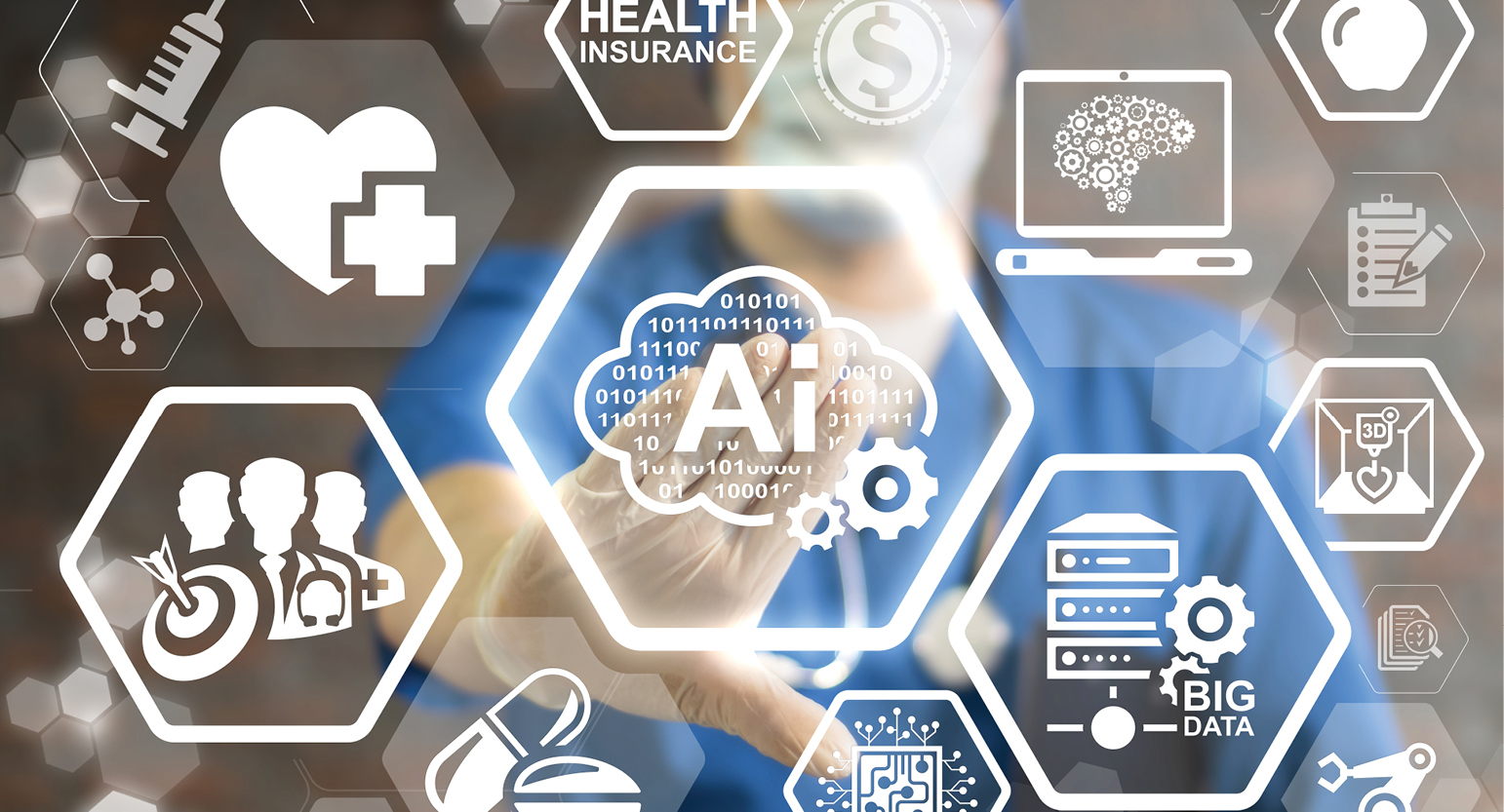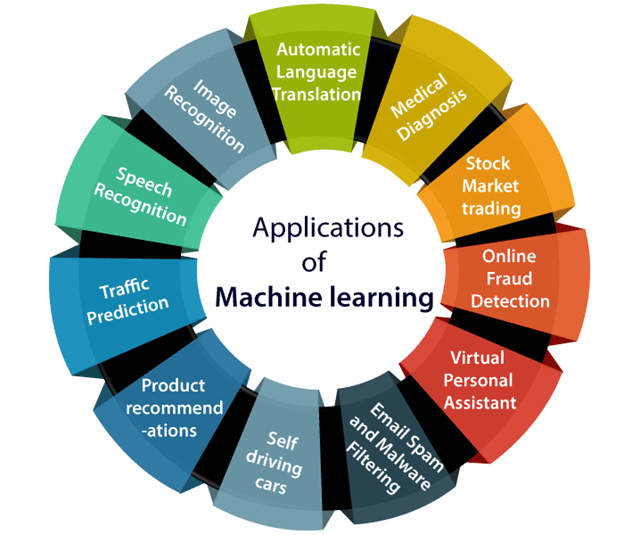
How Artificial Intelligence and Machine Learning are Transforming the Life Science?
Before getting into the specifics of the blog post we will first look at some basics, like, what is machine learning? what is artificial intelligence? What are their benefits? Et cetra.
WHAT IS ARTIFICIAL INTELLIGENCE?
Artificial intelligence (AI), also known as machine intelligence, is the field devoted to the study and design of intelligent machines. Intelligent machines are defined as machines that are capable of performing tasks and making decisions in a manner that appears intelligent. The field of AI is in the midst of a renaissance, with the current AI boom yielding remarkable advances in the field. Current technologies such as machine learning, which enables computers to learn without being explicitly programmed, are poised to have a profound impact on society, with some experts predicting that AI will become the most significant technological innovation of the 21st century.
Artificial intelligence (AI) is the science and engineering of making computers behave in ways that, in some sense, seem like human behavior. In the colloquial sense, artificial intelligence refers to machines that are designed to do things that require intelligence, such as finding patterns and making decisions. AI is also the title of a field of research, the field that studies how to build machines that behave in ways that we call intelligent. The field of AI has been around since at least the 1950s, and has been making great strides in the past few years.
Artificial intelligence is a branch of computer science that studies how to make computers do things that require intelligence when performed by humans. AI algorithms are used to make computers perform a variety of tasks, such as recognizing speech and translating languages. The field of AI has made significant progress in recent years thanks to the development of machine learning algorithms, which can learn and improve without being explicitly programmed. Advanced AI systems can mimic the human brain to a degree and can be used to solve complex problems, such as finding cures for diseases.
Artificial intelligence is the science and engineering of making computers and machines that are capable of performing human-like functions and behaviors. One of the primary aims of artificial intelligence is to create machines that can behave intelligently. Intelligence is the capacity to think, perceive, and adapt; in colloquial terms, it is the ability to do complex and/or abstract thinking. In the field of artificial intelligence, the phrase “intelligent machine” is used to describe a machine that replicates one or more human behaviors or cognitive processes.
Artificial Intelligence, or AI, is technology that exhibits complex behavior and often fools humans into thinking it’s human too. AI is all around us, from the search engine that recommends web pages to the voice assistant that responds to our questions. AI is used for a wide range of purposes, from predicting the weather to saving lives in the medical field.
WHAT IS MACHINE LEARNING?

Machine learning is a subset of artificial intelligence that applications that are based on the ability of computers to learn and improve without being explicitly programmed. One of the most common use of machine learning in business is in customer service and marketing. The machines are trained using large sets of examples and are able to provide responses to questions or problems that were not possible before. This has been a game changer for many industries.
Machine learning is the study of algorithms that can learn without being explicitly programmed. It is the study of how to design computational models that can learn without being explicitly programmed. It is the study of how to create software that can learn without being explicitly programmed. It is the study of how to create software that can make decisions without being explicitly programmed.
Machine learning is the study of computer programs that can learn without being explicitly programmed. It is the study of how data is used to build algorithms that can make predictions and automatically improve themselves. This is done by using multiple data points and programming them to learn and make decisions. The result is an AI that can learn, adapt, and improve over time.
Machine learning is the field of study that focuses on programming computers to learn without being explicitly programmed. Machine learning is a subfield of computer science that is experiencing explosive growth. There are many applications of machine learning, including natural language processing, computer vision, and data mining.
Machine learning is one of the most exciting areas of computer science today. It’s the study of algorithms that can learn without being explicitly programmed. Machine learning has applications in all kinds of domains, from web search to healthcare to self-driving cars. But machine learning is also getting more and more intertwined with artificial intelligence, or AI.
How Artificial Intelligence and Machine Learning are Transforming the Life Science?

The field of life sciences is undergoing a profound transformation. Advances in artificial intelligence (AI) and machine learning have elevated the ability to make discoveries in the lab and in the field. These technologies are allowing researchers to ask new questions and tackle tough problems with unprecedented efficacy. They are also providing new tools to help scientists improve their work and increase efficiency.
Today’s life science organizations face unprecedented challenges. They must contend with a rapidly changing regulatory landscape, rising costs, and shrinking profit margins. To succeed in this environment, they must find new ways to increase productivity, lower costs, and improve their products and services. One strategy to address these challenges is to use artificial intelligence (AI) and machine learning (ML).
Is the future of medicine going to be run by robots? Maybe not quite yet, but machines are increasingly capable of making complex decisions that affect our health. Machine learning and artificial intelligence (AI) are poised to transform the life sciences, with the potential to improve the delivery of healthcare, reduce costs, and even save lives. We’ve already seen how AI is improving the diagnosis of rare diseases, but the field is just getting started.
The world is changing at a faster pace than ever before. Technology is evolving at a breakneck speed, making our lives easier and more efficient. From the discovery of antibiotics and the internet to the development of self-driving cars and gene editing, the field of medicine has been at the forefront of these technological advances. Today, we are on the cusp of another major breakthrough: artificial intelligence (AI) and machine learning.
The world is on the cusp of a new era in which artificial intelligence (AI) and machine learning are transforming almost every aspect of our lives. But few areas will be impacted as profoundly as the life sciences. For decades, scientists and researchers have used computers to help them analyze data, perform complex calculations, and generate hypotheses. But only in the past few years have we been able to harness the power of AI and machine learning to make breakthrough discoveries in the lab, diagnose disease, and improve the health of our patients.
To know about Industrial Based Learning and more Information like this make sure to register yourself at NullClass now !


0 responses on "How Artificial Intelligence and Machine Learning are Transforming the Life Science?"